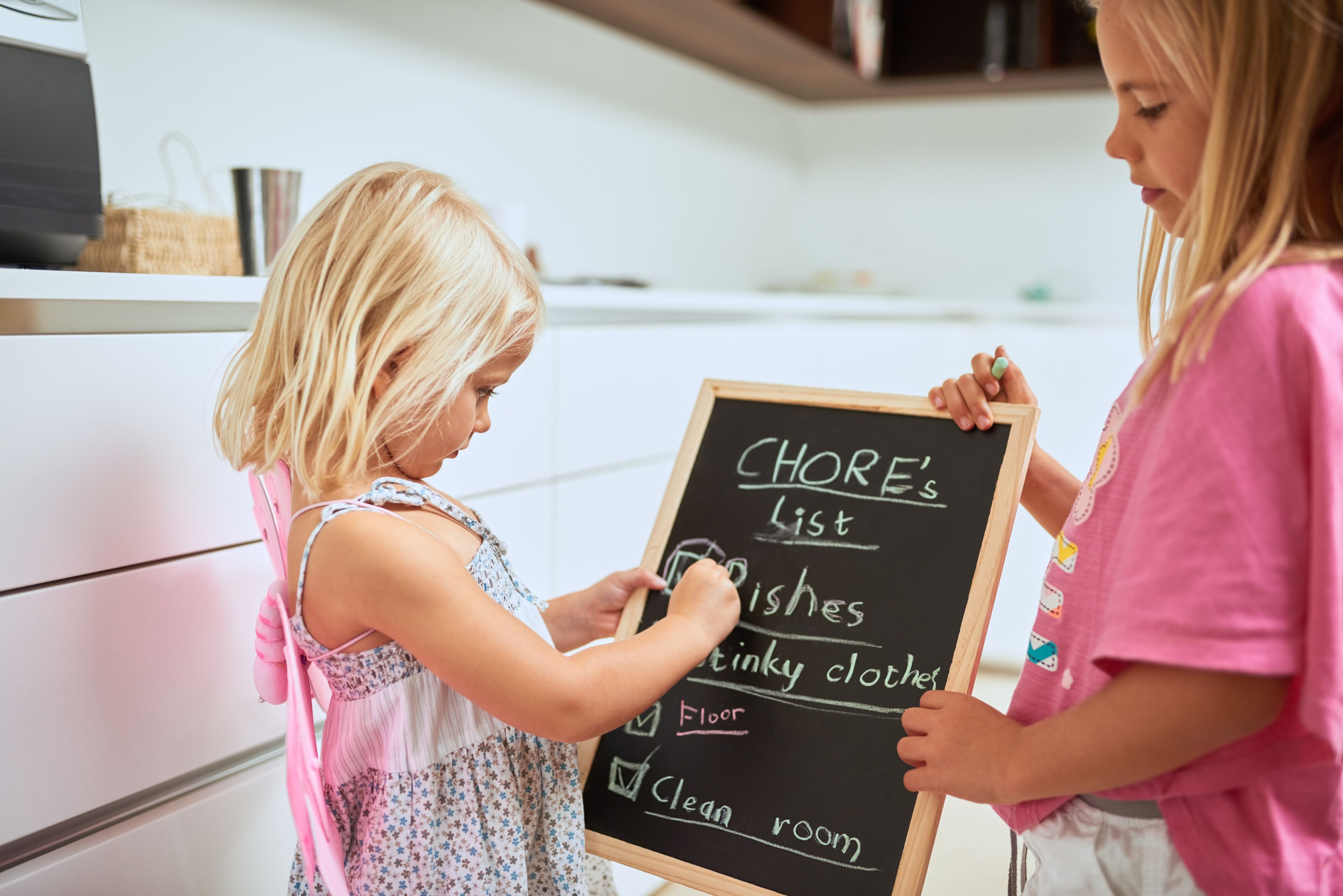04.08.2025
Why a Daily Routine Is Essential for a Child’s Healthy Development

In a world where change is constant, children need predictability more than ever. One of the most effective ways parents can offer this sense of security is by establishing a daily routine. Beyond simple organization, routine plays a key role in the child’s emotional, cognitive, and social development.
What is a daily routine and why does it matter?
A daily routine involves a set of recurring activities, carried out regularly, in a predictable order: waking up, hygiene, meals, homework, free time, bedtime. For children, this structure offers clarity, safety, and autonomy.
According to the American Psychological Association (APA), children who follow a stable routine experience lower levels of anxiety and perform better academically.
Routine and cognitive development
A clear and repetitive schedule doesn’t limit creativity, as one might think—it supports it. In an organized environment, a child’s mind no longer uses resources to figure out what’s next but can focus entirely on learning and exploration.
Routine supports the development of executive functions—a set of essential cognitive skills: planning, inhibitory control, working memory, attention, and organization.
When a child knows that mornings are for activities, afternoons for homework, and evenings for relaxation, they learn to distribute their energy and adjust their behavior according to the context. Over time, this turns into the ability to manage their own time, prioritize, and regulate impulses.
A child who follows a daily routine is better prepared for school transitions, meeting academic expectations, and structured learning.
Routine and social development
In social relationships, following rules and anticipating others’ reactions are crucial. A child who is used to a routine at home will transfer this ability outside the family environment: in daycare, at kindergarten, or in interactions with peers.
Routine involves rules, cooperation, waiting, and assuming roles. If at home the child knows they need to put away toys after playing, they will more easily understand that at kindergarten they should respect shared spaces and contribute to tidiness. If they have a fixed screen time every evening, they will more easily accept limits in other contexts—a game that needs to be turned off, an activity that must end.
Through routine, the child also develops a sense of responsibility and contribution. Having clear, recurring tasks—such as putting their plate in the sink or packing their school bag—helps them feel useful and integrated. They’re not just a recipient of adult care, but an active member of the family.
Adapting the routine to the child’s age
An effective routine doesn’t look the same at age 3, 7, or 12. A child’s needs change constantly, and the routine must evolve accordingly.
At early ages (0–3 years), routine is closely linked to physiology: sleep, feeding, movement. Children need stability in the timing of meals, naps, and play. Repeating these moments creates their internal rhythm and helps regulate behavior. It’s not the time for complex tasks, but introducing mini-rituals (e.g., “now we close the book and say goodnight”) helps solidify order in the child’s mind.
Between 3 and 6 years, children can already anticipate the sequence of activities. This is the stage when simple tasks can be introduced: putting away toys, placing clothes in the hamper, choosing the next day’s outfit. The child learns that they have roles and that their actions have consequences. It’s essential for these tasks to be clear, age-appropriate, and followed by positive feedback.
At school age (6–12 years), the child can actively participate in organizing their own routine. They can decide the order of homework, negotiate reading vs. playtime, or prepare their school bag and snack for the next day. Here, routine becomes a tool for autonomy. The more involved the child is in creating it, the more responsible they become.
During this stage, checklist-type tasks can be introduced to reinforce cognitive organization: “check if you packed everything,” “make your bed,” “write in your notebook what you need to do tomorrow.” These tasks help build lasting and healthy habits.
What tasks can we include in the daily routine?
Depending on age, we can include tasks that:
- Develop personal responsibility (brushing teeth, making the bed, choosing clothes)
- Strengthen family contribution (helping cook, setting the table, hanging laundry)
- Support digital hygiene (turn off screens at a set time, place the phone in a designated spot)
- Organize learning (write in a planner what needs to be studied, review lessons)
- Encourage reflection and connection (write 3 good things from today, describe how you felt in a situation)
These are not just practical tasks, but tools for shaping identity and autonomy.
Flexibility, not rigidity
An effective routine doesn’t mean excessive control. A child shouldn’t become an executor of tasks. On the contrary, routines work best when explained, co-created, and adapted. It’s important for the parent to include the child in the planning process, ask for their opinion, negotiate certain elements, and accept adjustments.
Flexibility is also necessary to prevent behavioral rigidity. A good routine includes spontaneous moments, different days, and breaks—and that’s perfectly fine.
A digital partner: Tutorina
In today’s world, where parents are increasingly busy and children are constantly exposed to digital stimuli, maintaining a healthy routine can be challenging. Tutorina supports parents with an intuitive and effective solution: an app that lets you set daily tasks together with your child, track progress, and adjust the schedule based on your family’s real needs.
Tutorina encourages parent-child collaboration, learning through play, and the development of healthy habits. The child becomes an active partner in organizing their day, while the parent maintains a clear overview of the balance between activities, screen time, and real-life connection.


